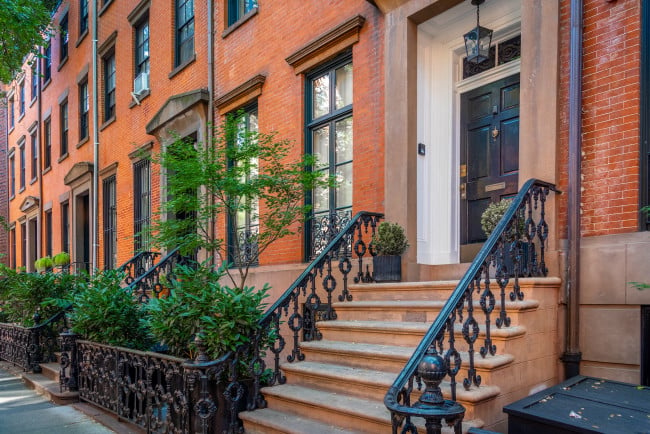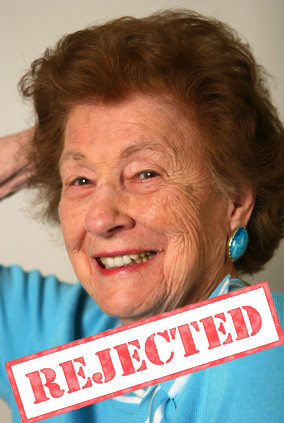What are proprietary reverse mortgages, and are they available to New Yorkers?
A new wave of reverse mortgage products has been hitting the market. They’re known as propriety reverse mortgages, but you might also see them called private or jumbo reverse mortgages, and they differ from typical Home Equity Conversion Mortgage products in that they allow for larger loan amounts and are not insured by the Federal Housing Administration.
More companies have begun to offer these options since new rules went into effect on Oct. 2nd, 2017, which changed mortgage insurance premiums and lowered the principle limit factors for HECMs, essentially squashing the demand for regular reverse mortgages. (You can read more about traditional reverse mortgages here.)
“Proprietary products existed before, but those changes have accelerated the jumbo playing field,” says Marc Gertz, a reverse loan specialist for West-Cal Mortgage.
In essence, propriety products allow homeowners with higher-priced properties access to more of their equity.
Are they available in New York?
Reverse mortgage products, whether proprietary or not, are offered on a state-by-state basis. Co-ops typically do not allow them. Condos must be FHA approved for traditional HECM reverse mortgages, but that is not the case with proprietary products.
Currently, One Reverse Mortgage’s HELO product is scheduled to become available in New York in early 2019. Finance of America Reverse has applied to offer its HomeSafe proprietary reverse mortgage in New York, but is waiting to hear back from the state. Reverse Mortgage Funding has applied to offer regular reverse mortgages, and once approved, will seek approval for its proprietary Equity Edge Reverse Mortgage product. Brick also reached out to Longbridge Financial, which began offering proprietary products earlier this year, but did not receive a response.
What are their benefits compared to regular reverse mortgages?
Regular HECM reverse mortgages have a mortgage limit of $679,650. However, that doesn’t mean you automatically qualify for that amount, even if your home is worth much more, says Miron Lulic, founder and CEO of SuperMoney. “Your maximum loan amount is determined by your initial principal limit, which is based on the age of the youngest co-borrower listed on the reverse mortgage. The younger you are, the less you can borrow.”
But some propriety products offer loan amounts of up to $4 million, and you can access the entire loan amount in one lump sum at closing. The FHA allows borrowers to access only 60 percent of their approved loan the first year, Lulic explains.
A home valued at $1 million can get $700,000-$800,000 after closing costs, but because there’s no insurance, and more money on day one, the criteria for the borrower is much more stringent than for the FHA borrower, says Bonny Gilbert, senior mortgage advisor and reverse mortgage planner for Fairway Independent Mortgage. For instance, the FHA doesn’t look at credit scores, but a lender of a proprietary reverse mortgage will.
Currently, only condos that are approved by the FHA are eligible for reverse mortgages, but because propriety products aren’t insured by the FHA, this “potentially opens up that market,” Gertz says.
Another possible benefit is that some proprietary products are available to owners who are younger than 62, the minimum age allowed for an FHA-insured HECM reverse mortgage.
What are their risks?
As with regular reverse mortgages, you are still responsible for making insurance and property tax payments, plus any common charges if you are in a condo. If you don’t make those payments, you could wind up defaulting on the property and foreclosure proceedings would begin, says Jamie Hopkins, associate professor at the American College of Financial Services.
HECM reverse mortgages have origination fees capped at $2,500, and servicing fees cannot exceed $35 a month, Lulic says. Limits and fees for proprietary reverse mortgages are set by each lender, so “make sure you read the private reverse mortgage agreement carefully. Typically, [they] have higher costs over the life of the mortgage than HECM reverse mortgages.”
And because proprietary reverse mortgages are not FHA insured, you could be on the hook for additional money if you use up all the equity in the property, Gilbert says.
You Might Also Like































